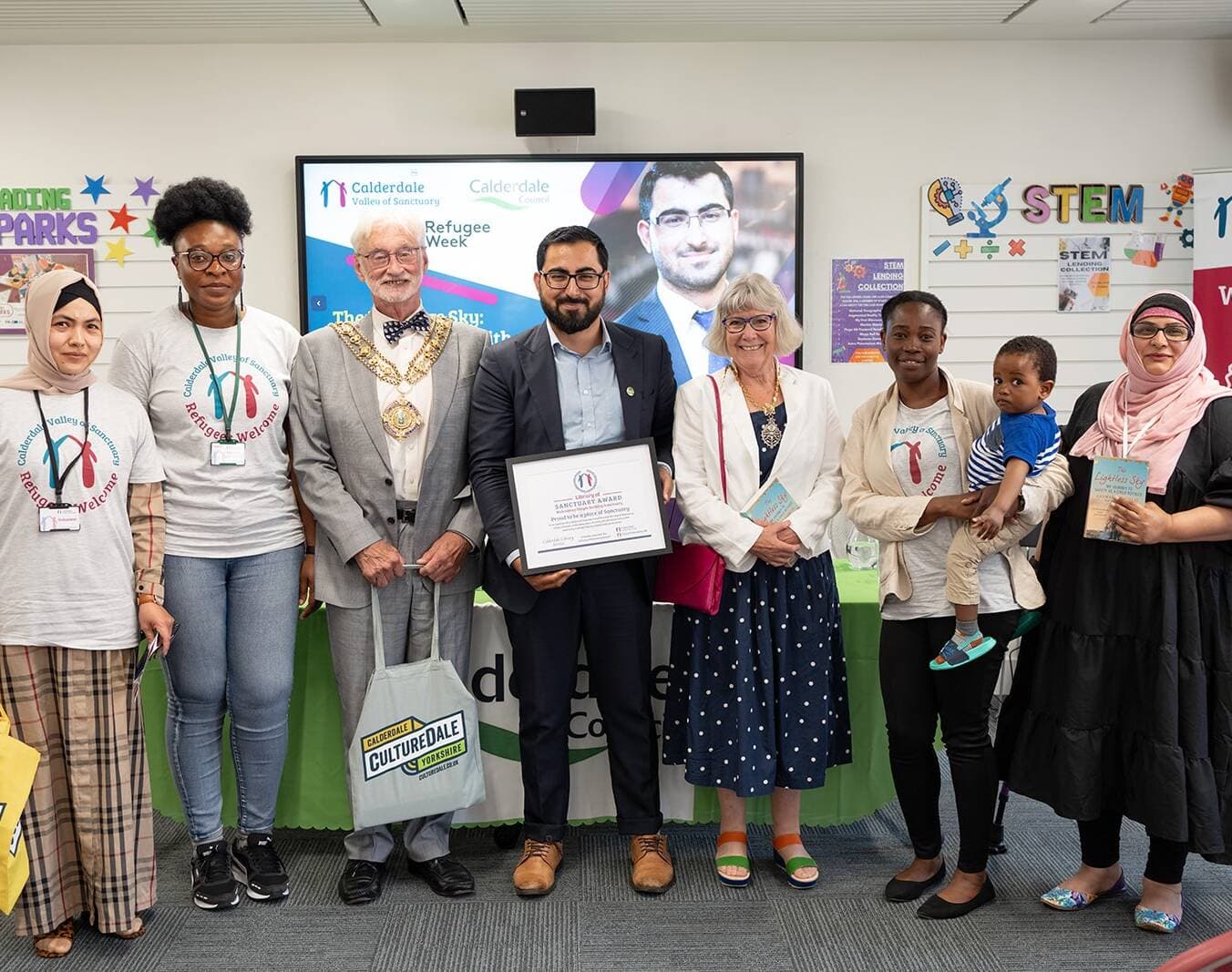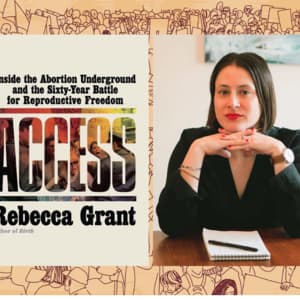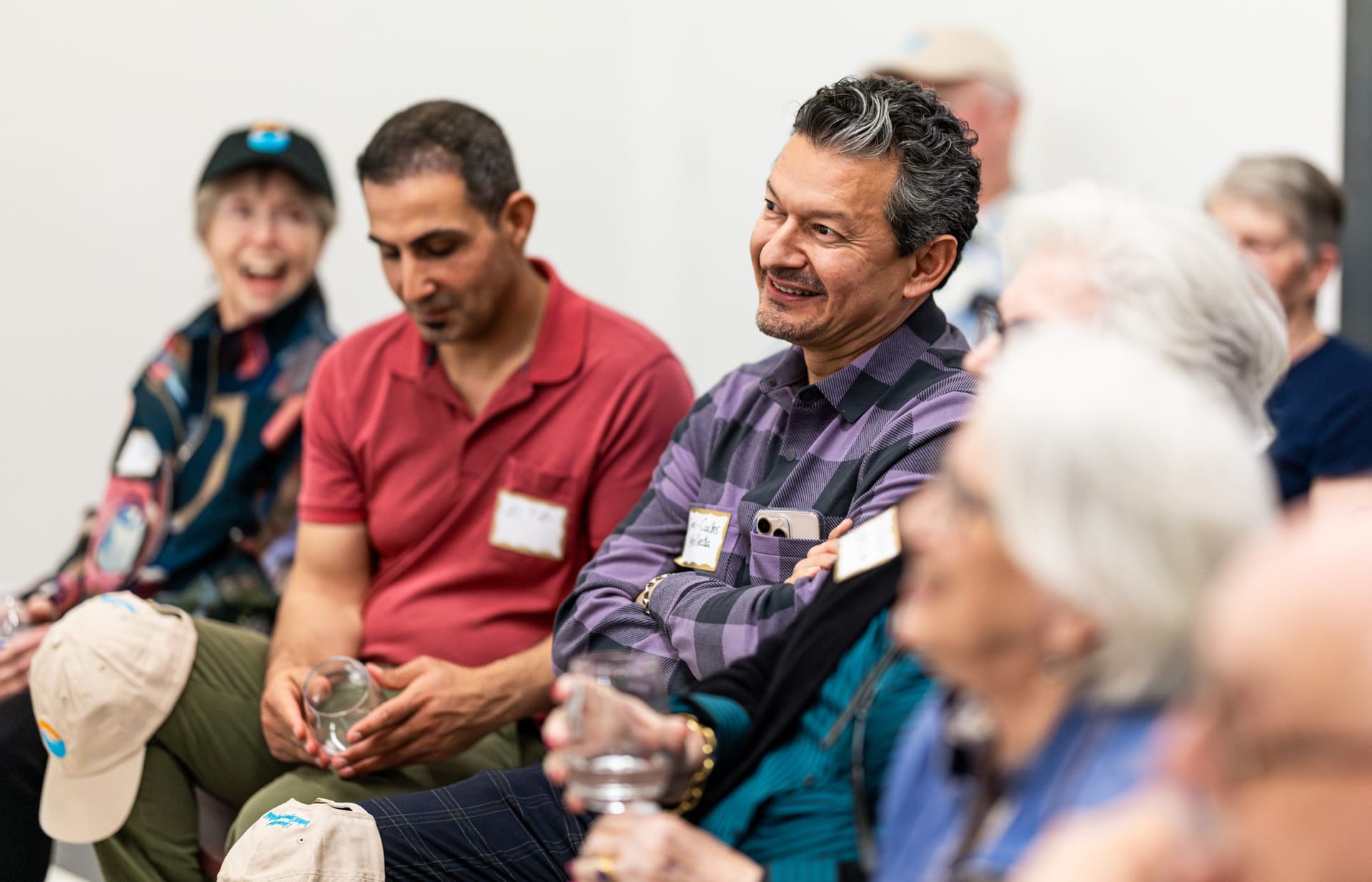Downtown Library launches Talk Time, boosts language access and inclusion
The Eugene Public Library posted on November 7 that it began offering Talk Time, a free drop in conversational practice program for adults learning English at the Downtown Library. The program aims to improve language access for multilingual residents, link volunteers and learners, and maintain library services amid ongoing Downtown Library construction.

The Downtown Library introduced Talk Time on November 7 as a free drop in conversational practice program for adults learning English, offering routine, low barrier opportunities for language practice. The November schedule ran Saturdays from 10:00 to 11:30 a.m. and Wednesdays from 4:00 to 5:30 p.m. Volunteer tutors and community members participated, supporting learners who speak Spanish, Arabic, Mam, Chinese, Russian, Ukrainian, Persian, Korean, Vietnamese, French and other languages.
The program underscores the library systems role as a civic institution that provides nonpartisan supports beyond books. By creating regular sessions with volunteer tutors and community involvement, the library expands access for recent immigrants, refugee families, and long term residents who seek to gain conversational confidence. These services have practical implications for residents trying to navigate employment, education, health care, and interactions with local government.
Talk Time arrived as the downtown location manages construction related adjustments. The library posted reminders about construction and linked the new Talk Time information on the same Library News and Stories page that featured other items posted the same day. Those linked items included new picture book browsing bins for young children and a video walkthrough, and notices about cultural pass partnerships that continue to offer free or reduced admission to area cultural institutions.
Institutionally, the Talk Time model relies on volunteers and community partners as a cost effective way to extend services. That model raises questions for policymakers and civic leaders about sustainable funding, volunteer recruitment and training, and measurement of outcomes. Tracking participation, language proficiency gains, and connections to public services would help justify ongoing support from the city and from community organizations. The librarys coordination of cultural pass partnerships alongside language services highlights a broader strategy to promote inclusion by lowering barriers to cultural and civic life.
For Lane County residents, the immediate effect is practical. Regular, no cost conversation sessions reduce isolation for non native English speakers, create local networks, and provide a predictable resource during a period when the Downtown Library facility is partly constrained by construction. Participation by community volunteers also creates touch points between established residents and newcomers, which can strengthen civic engagement and trust.
Residents seeking details were directed to the citys Library News and Stories page for full descriptions and linked videos posted November 7. As municipalities weigh budget priorities and service delivery, programs like Talk Time show how libraries act as frontline public institutions supporting language access and community integration.


